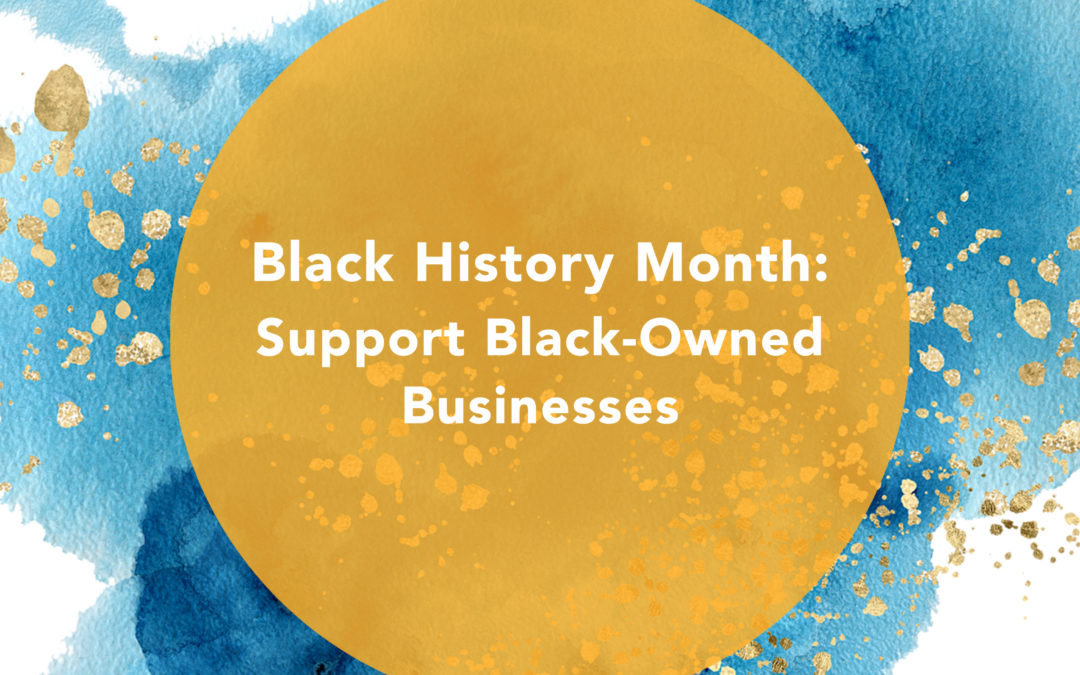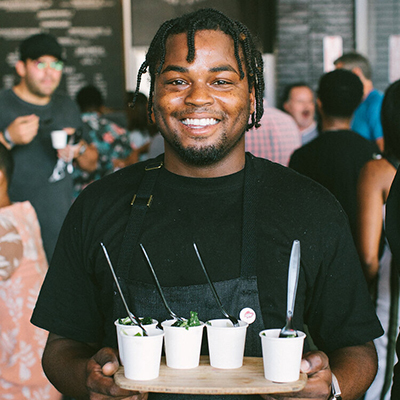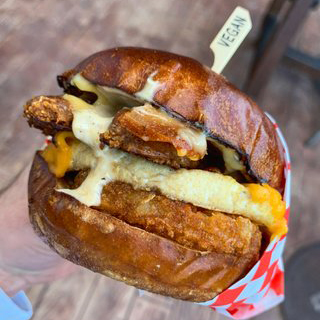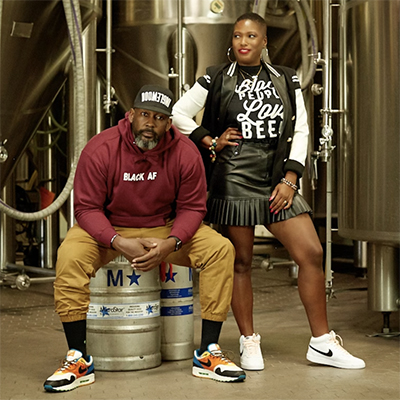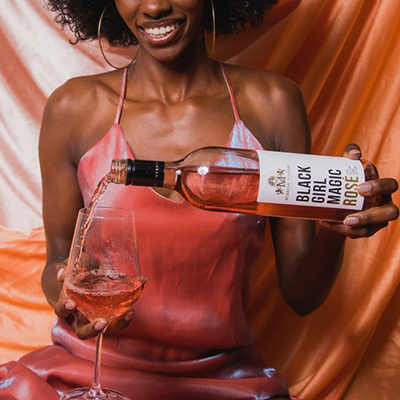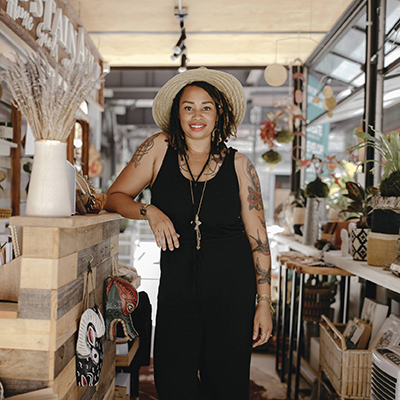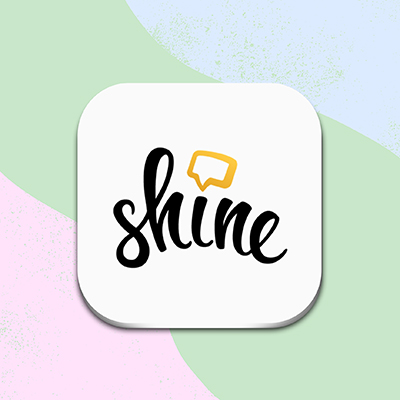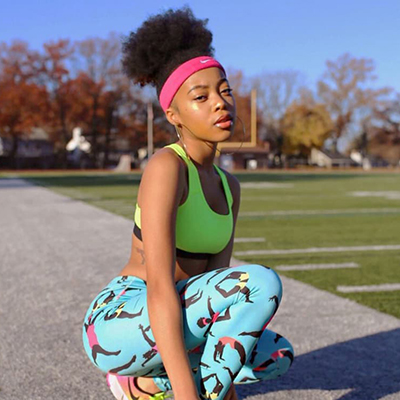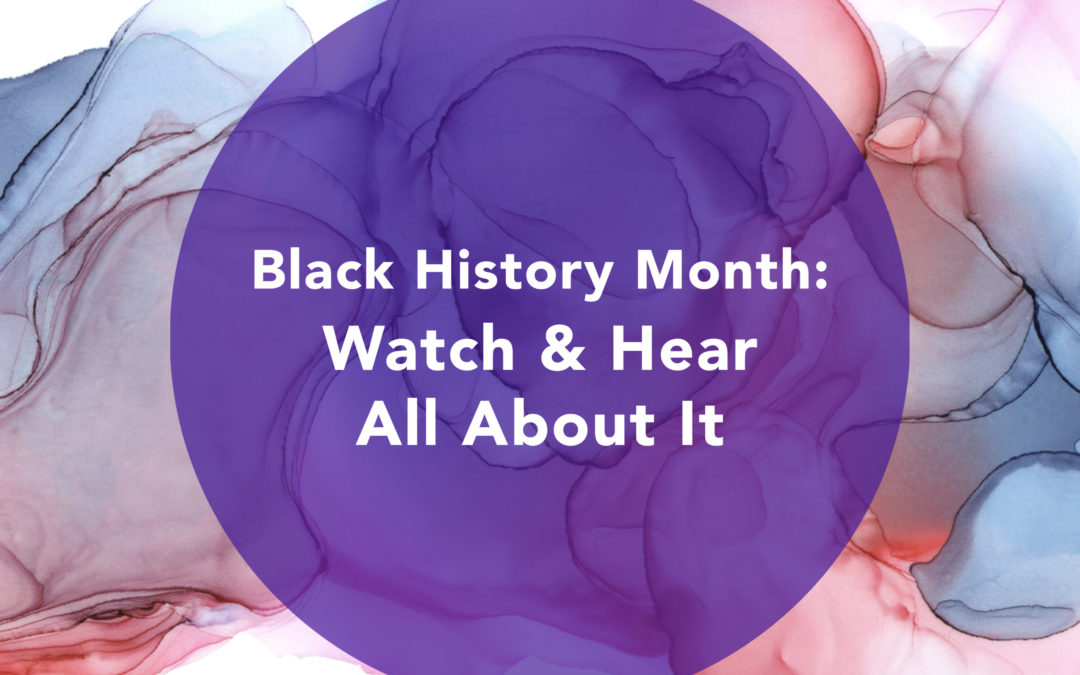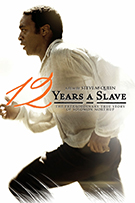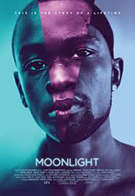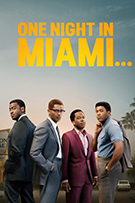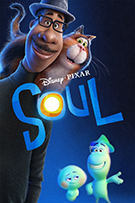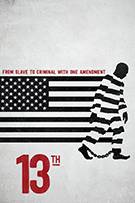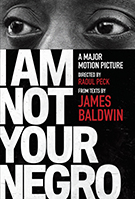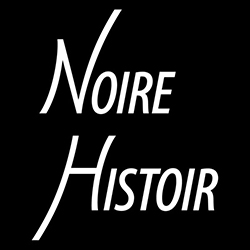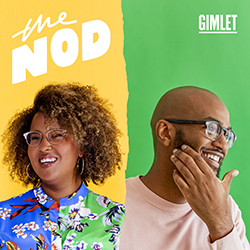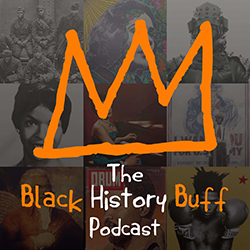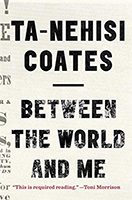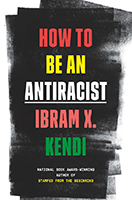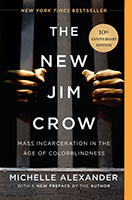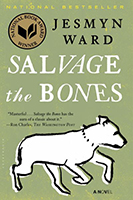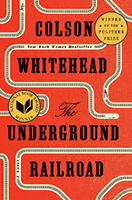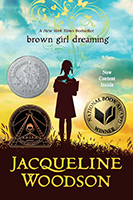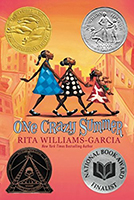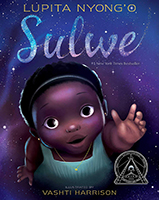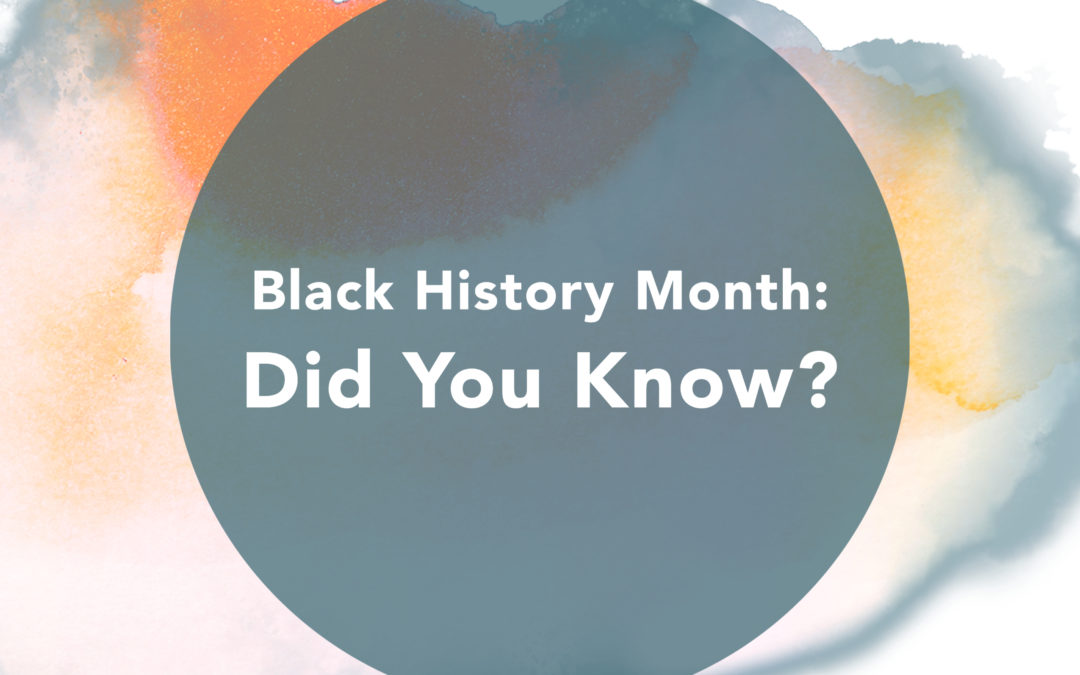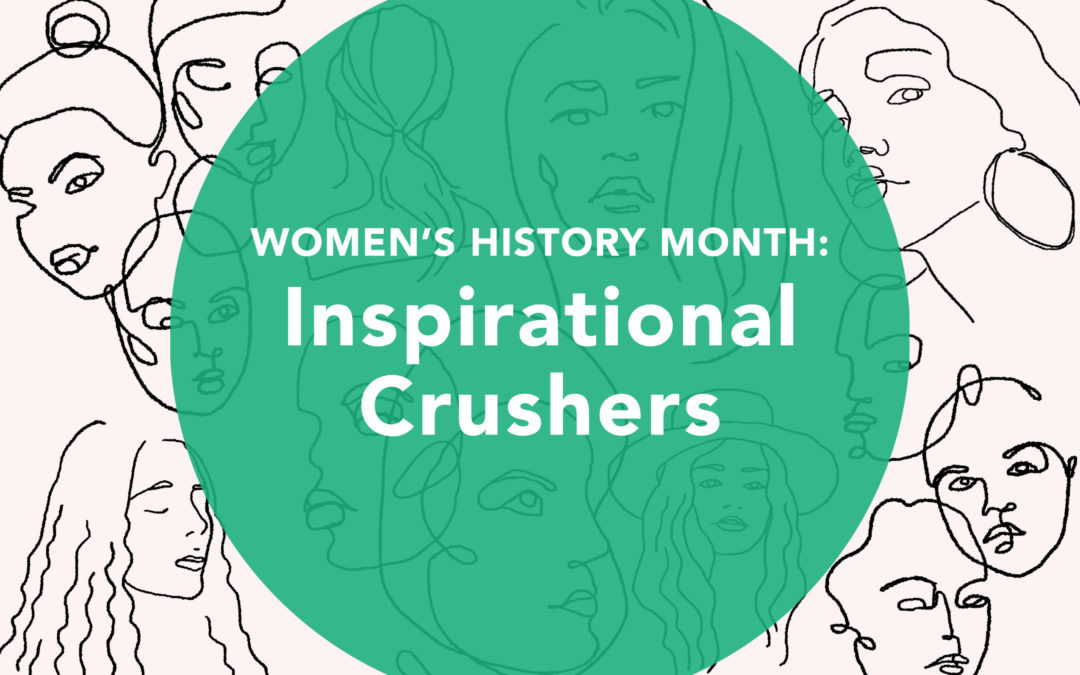
Women’s History Month: Inspirational Crushers
the contentFollow along all month long as we share topics in celebration of Women's History Month!
While climbing can often feel like a male-dominated sport, there have been countless women who have made strides in the industry and paved the path for future women crushers. More than ever, the climbing world is witnessing a larger number of women at the forefront of making impressive ascents and being inspirational role models within the climbing community. Here is a list of just a few notable women who have exceeded expectations set by their male-counterparts and showed the world just how powerful women can be, and that anything is achievable with drive and passion.
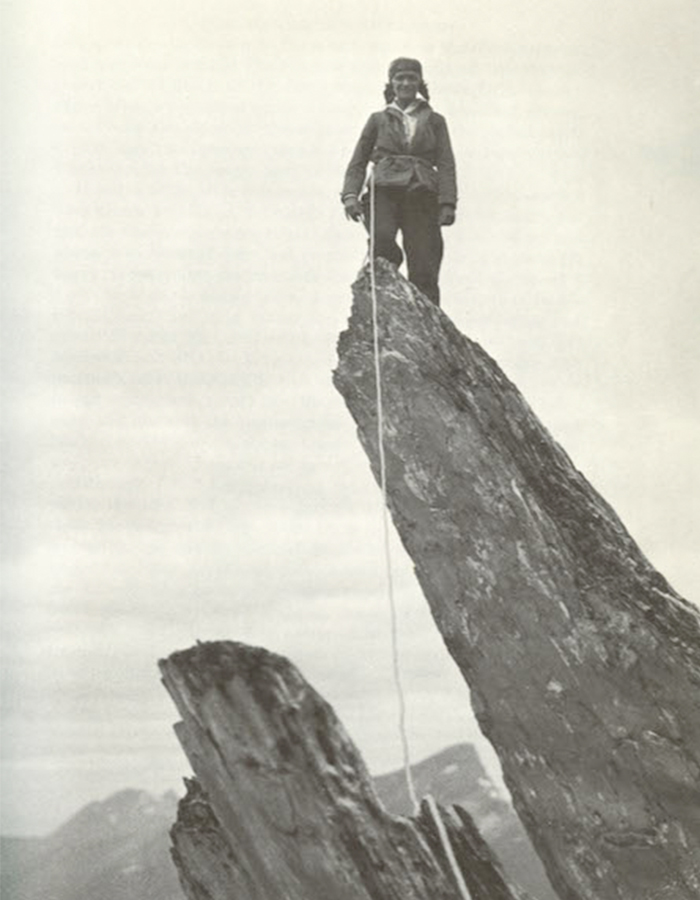
(Photo: Adolf Rubi, Source: American Alpine Club)
Miriam O'Brien Underhill
Miriam O’Brien Underhill was born in Lisbon, New Hampshire in 1899. She graduated from Bryn Mawr in 1920 and studied at Johns Hopkins. She worked at an Eye and Ear Infirmary in Massachusetts but spent her summers in Europe. In 1928 she completed one of her most notable guided climbs of all five pinnacles of the Aiguilles du Diable. At that time guideless climbing was new to the forefront, but only for men. Underhill coined the term “manless climbing” and in 1929 took on one of the most striking mountains in Chamonix, France, The Grépon. Underhill faced sexist remarks such as that by French Mountaineer Étienne Bruhl, who exclaimed “The Grépon has disappeared. Now ... no self-respecting man can undertake it.” Yet undeterred, she went on to complete the first manless climb of the Matterhorn.
Junko Tabei
Junko Tabei was born in 1939 in Miharu, Fukushima, and stood at just 4’9. Tabei started the “Ladies Climbing Club” in 1969 because so many men refused to climb with her. With her group, she tackled Mount Fuji, the Matterhorn, and Annapurna III. After, she and her Ladies Climbing Club set their eyes on Everest. The Japanese Women’s Everest Expedition, composed of 15 women, made it to Everest in Spring 1975. At 9,000 feet they were hit with an Avalanche, and luckily no one suffered fatal injuries. Determined to finish the climb, Tabei submitted Everest 12 days after the avalanche on her hands and knees, making her the first woman to summit the world’s tallest peak! Tabei, however, preferred to be known as the 36th person ever to climb Everest. In 2002, Tabei returned to school to study ecology where her research focused on protecting fragile high-alpine environments from degradation caused by climber traffic.

(Photo Source: Ladies Climbing Club)
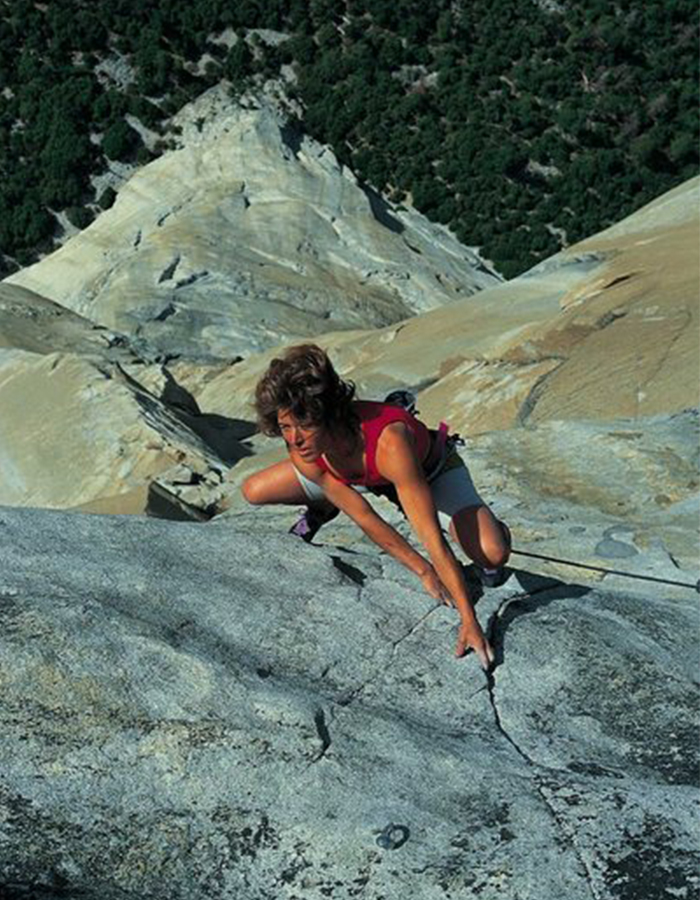
(Photo: John Bachar, Source: Mountain Project)
Lynn Hill
Lynn Hill was born in 1961 in Detroit Michigan. She began climbing at the age of 14 and quickly excelled, becoming the first woman to climb a route rated 5.12d in 1979. Then later becoming the first woman to climb 5.14. Hill was also an avid competition climber, winning more than 30 international competitions. Lynn Hill is probably best known for her free ascent of The Nose on El Capitan, Yosemite in 4 days in 1993, famously pronouncing “It goes boys!” She returned the following year and repeated the accomplishment in under 24 hours.
Robyn Erbesfield-Raboutou
Robyn Erbesfield-Raboutou was born in 1963 in Atlanta, Georgia, and began climbing at the age of 18. She attended the first Climbing World Cup in 1989 at age 27 where she came in first place and between 1992 and 1995, continued to earn first place at the Climbing World Cup. In 1993, Erbesfield-Raboutou became the third woman to climb 5.14, and now at the age of 54, she continues to redpoint 5.14a. In current times, she is most notably known for being at the top of the climbing business world with her gym, ABC Climbing, where she coaches top youth climbers. Through her Boulder, Colorado gym she has coached star athletes including Margo Hayes, and two Olympic-bound athletes: Colin Duffy and her own daughter, Brooke Raboutou.
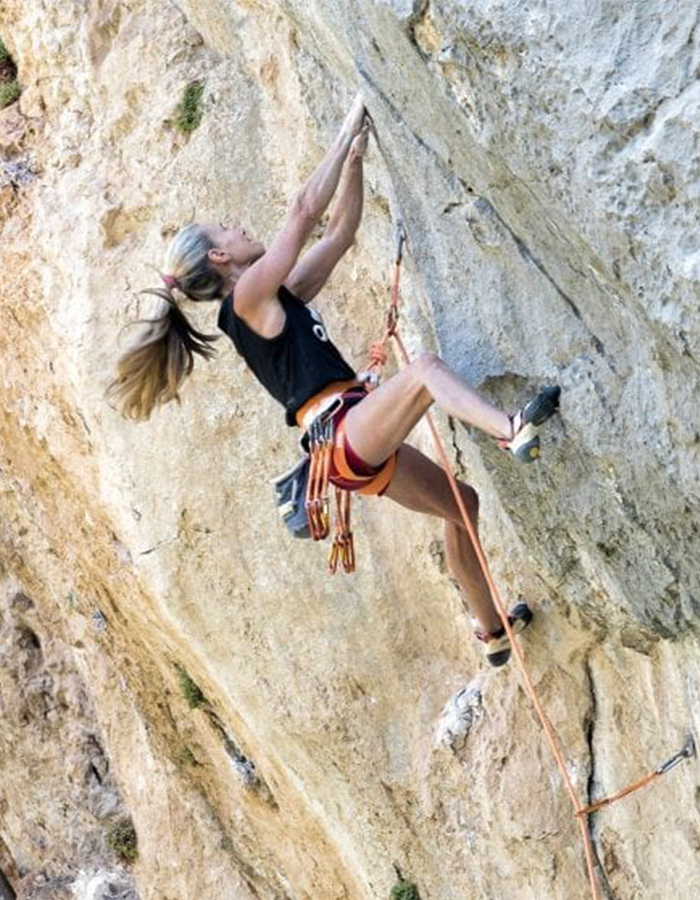
(Photo: Jean-Phillipe Guilbaud, Source: Rock and Ice Magazine)

(Photo: Jannovak Photography)
Margo Hayes
Margo Hayes was born in 1998 in Boulder, Colorado. She was drawn to gymnastics at a young age and began competing at the age of 8. A major injury to her talus after a fall on the uneven bars led her to move to the sport of climbing, a pastime that her grandfather and father had introduced to her. She joined Team ABC where she held the bar high for her goals, eventually landing a spot on USA Climbing’s national team. In 2016 she won three golds at the World Youth Championships. Hayes made history in 2017 when she climbed La Rambla in Siurana, Spain, making her the first woman to climb a consensus 5.15 route. But Hayes wasn’t done, just seven months later she sent Biographie/Realization in Ceuse, France, a second 5.15 route.
Support a great cause!
For Women's History Month, Sender One is donating 25% of net proceeds from the Sender One online store to The Loveland Foundation. This foundation is committed to "showing up for communities of color in unique and powerful ways, with a particular focus on Black women and girls. [Their] resources and initiatives are collaborative and they prioritize opportunity, access, validation, and healing."

